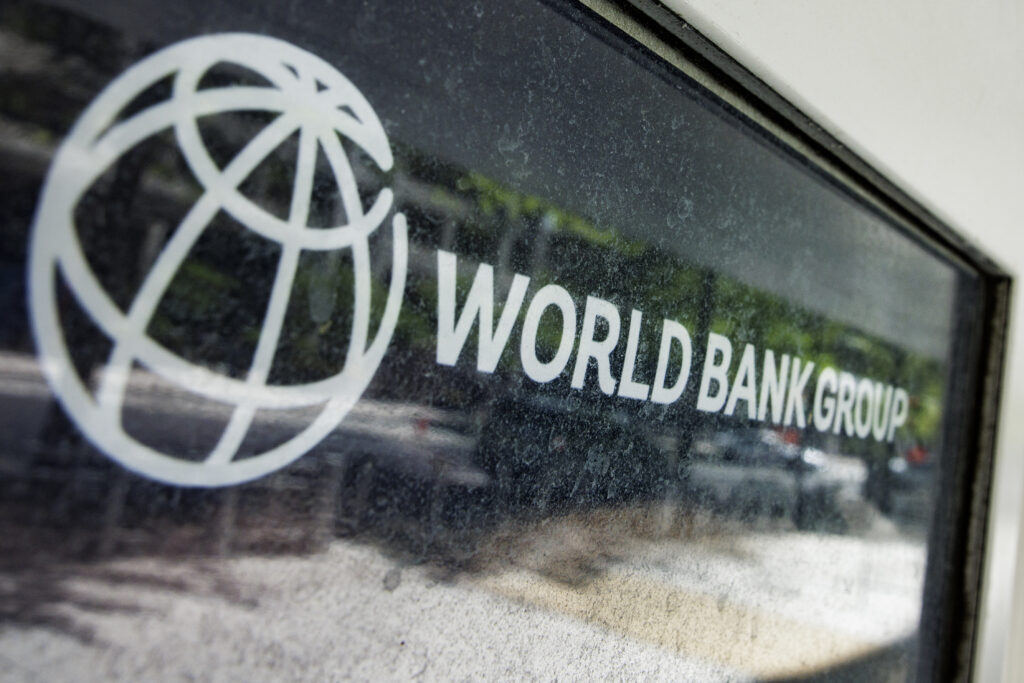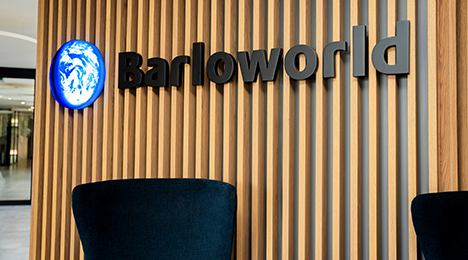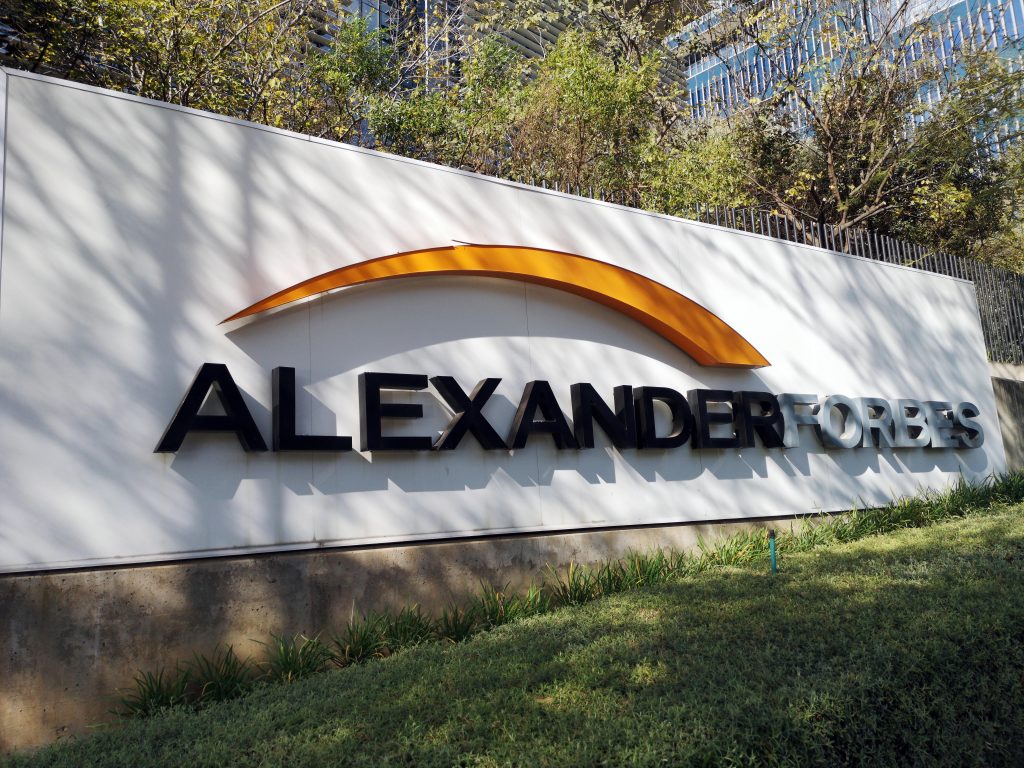South African clothing retailers are adding hundreds of new stores in the next year, even as the continent’s most-industrialised economy downgrades its economic growth forecast.
Pepkor Holdings, Africa’s largest clothing retailer, The Foschini Group and Mr Price Group together plan to open as many as 600 outlets, with a focus largely on their discount brands.
ADVERTISEMENT
CONTINUE READING BELOW
Read: Pepkor is pumping with double-digit growth
This contrasts to food retailers Pick n Pay Stores and Spar Group which expect muted store growth in the next 12 months. The National Treasury last month lowered its forecast for annual expansion in gross domestic product over the next three years to 1.6% from 1.8% before, partly due to the trade turmoil unleashed by US President Donald Trump.
“There is a level of retail saturation in South Africa and when economic growth is so weak, there’s limited scope for organic space growth,” said Atiyyah Vawda, an executive director at Avior Capital Markets in Johannesburg. “So new growth is coming from new brands that they recently acquired and under-penetrated brands that are not sufficiently exposed to a particular area.”
Still, space growth has slowed from a year earlier and clothing retailers are being careful to only open where they can ensure sufficient returns, Vawda said.
“There’s a huge amount of development happening outside of your major metro areas in the country,” TFG Chief Executive Officer Anthony Thunström said in an interview Friday. In these areas “there’s a massive informal economy and a lot of its cash that often isn’t really measured in your official GDP numbers.”
Read: Clothing retailers reflecting fair value after sell off
Fewer clothing outlets may yet be opened as each retailer remains picky about where exactly they develop new stores.
“We don’t want to get in sucked into a space race,” Mr Price CEO Mark Blair told reporters. “It’s not just growth, it’s quality space,” that meets strict profitability criteria. Last year the Durban-based company walked away from as much as 70% of the locations offered to it, he said.
ADVERTISEMENT:
CONTINUE READING BELOW
Clothing retailers account for three of the five worst stocks on the FTSE/JSE Retailers Index this year, with building material retailers taking the other two spots.
Shoppers looking for t-shirts and shoes that fit their budgets are also buying more online. Almost 6% of TFG’s local sales are through its online Bash platform and it expects to be selling almost double that in the next two or three years.
Read: TFG to open 100 stores in 2026, Bash grows online market share
This may also temper growth of full retail outlets as these orders are increasingly sent from large distribution centers and so-called dark stores.
“That stock doesn’t necessarily have to sit in fully lit stores anymore,” Thunström said. “We can make it more efficient.” TFG’s online unit recently become profitable, about two years ahead of schedule.
© 2025 Bloomberg
Follow Moneyweb’s in-depth finance and business news on WhatsApp here.

 5 hours ago
1
5 hours ago
1






















 English (US) ·
English (US) ·